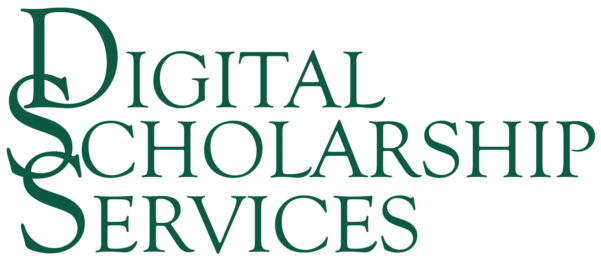Conceptions of justice and school inspection in England and North‐Rhine Westphalia/ Germany
Start Date
23-6-2013 10:00 AM
End Date
23-6-2013 11:30 AM
Keywords
school accountability, history, England, Germany
Description
The paper focuses on conceptions of justice concerning the external assessment of schools' quality and performance in England and Germany (federal state of North Rhine-Westphalia). In order to be perceived and accepted as fair and legitimate, external school evaluation, in general, and school inspection, in particular, need to follow principles of justice. This seems particularly true when inspection judgements have actual consequences (like sanctions or rewards) for individual schools, making school inspections high stakes situations for schools. However, what is actually considered fair (or unfair) concerning the judgement of the quality of schools can differ considerably between different contexts. Since the systems of school inspection as well as the wider logic of educational governance and accountability in England and Germany contrast strongly, a comparison of the two cases seems particularly interesting. Employing a document analysis of rules and regulations of school inspection, using concepts of empirical social justice research as analytical “tools”, the paper aims at uncovering principles of justice underlying the institutional structures of the two inspection systems.
Conceptions of justice and school inspection in England and North‐Rhine Westphalia/ Germany
The paper focuses on conceptions of justice concerning the external assessment of schools' quality and performance in England and Germany (federal state of North Rhine-Westphalia). In order to be perceived and accepted as fair and legitimate, external school evaluation, in general, and school inspection, in particular, need to follow principles of justice. This seems particularly true when inspection judgements have actual consequences (like sanctions or rewards) for individual schools, making school inspections high stakes situations for schools. However, what is actually considered fair (or unfair) concerning the judgement of the quality of schools can differ considerably between different contexts. Since the systems of school inspection as well as the wider logic of educational governance and accountability in England and Germany contrast strongly, a comparison of the two cases seems particularly interesting. Employing a document analysis of rules and regulations of school inspection, using concepts of empirical social justice research as analytical “tools”, the paper aims at uncovering principles of justice underlying the institutional structures of the two inspection systems.


